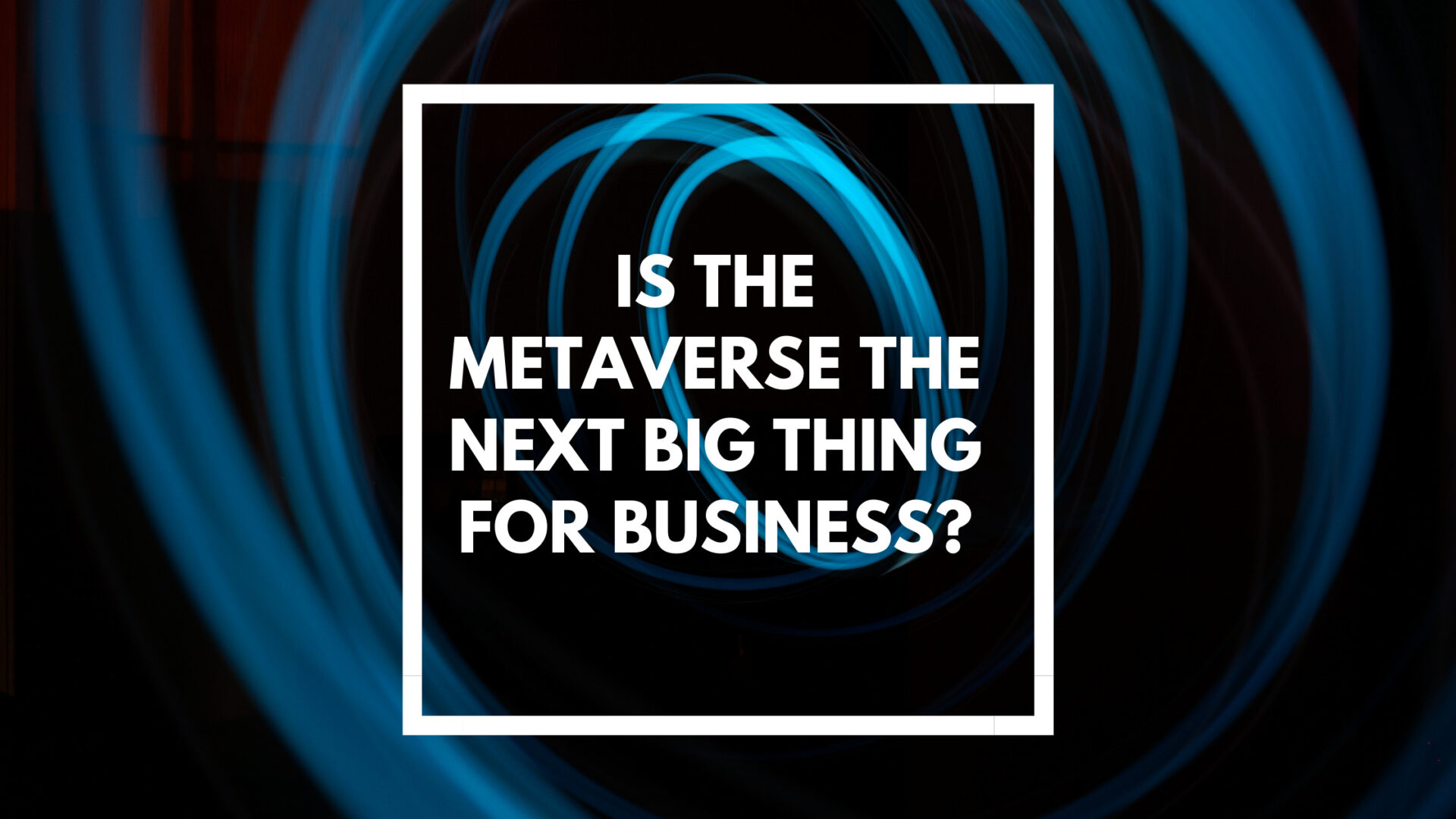By Roz Morris, Managing Director, TV News London
What is the metaverse? Why is Mark Zuckerberg so keen on it that he has renamed Facebook’s holding company as Meta? Will the metaverse be the future of business and take over from the internet?
One man with answers to these questions is Professor Michael Mainelli, the executive chairman of Z/Yen Group, the City of London’s leading commercial think tank and I was delighted to chair a webinar for the Worshipful Company of Marketors where he talked about the pros and cons of the metaverse, and how it is clearly going to be part of all our lives in future.

So what exactly is it? The word metaverse comes from the 1992 science fiction novel ‘Snow Crash’ by Neal Stephenson. It describes a realm where physical, virtual, and augmented realities converge to create interlinked, persistent, shared, 3D virtual reality spaces. The metaverse removes physical geographies and creates ‘new land’ with multiple, even infinite geographies providing scope for hype and gold rush type sale pitches.
The word ‘persistent’ is key. When you take your headset off and leave the metaverse, it persists. It is still continuing, and you miss out on events when you’re not there.
If you want to take it seriously you can buy a ‘persistent avatar’. This gives you the same avatar no matter which part of the metaverse you enter.
These concepts are already familiar to the more than 350 million people who play Fortnite, a game that has created an immersive virtual world experience which is also a social meeting place for different groups of friends. The game also hosts non-gaming events and concerts.
As an example of its effectiveness in generating income, Michael explained how the singer Ariane Grande earned $20 million doing 5 live concerts using an avatar in different time zones on Fortnite. ‘She’ was viewed by over 12 million people plus many more watching recordings.
Mark Zuckerberg says the metaverse will be the successor to the mobile internet. “We’ll be able to feel present – like we’re right there with people, no matter how far apart we actually are”.
Michael Mainelli believes the metaverse is already an obvious part of the business environment. However, he doesn’t think it will take over from the internet but will sit alongside it.
He believes it’s important to understand that the metaverse is not joined up like the internet. It is currently a series of walled gardens, closed ecosystems where you have to register to enter, and each separate space wants you to stay in it and not go to other ones. This contrasts with the internet, which was established as a worldwide, not-for-profit, collaborative endeavour.
Currently, the bulk of metaverse uses are in gaming, entertainment, and pornography, which means not everyone has taken it seriously as a business asset. However, many businesses are now realizing how useful metaverse simulated environments can be for marketing and branding and for tasks like rehabilitation, business meetings, legal services and training.
One disadvantage is that currently, the metaverse requires a lot of bandwidth and a lot of expensive and not very comfortable kit, such as top of the range headset and haptic gloves. It is also, unlike the internet, hard to access while on the move.
However, all this will almost certainly get easier. Devices will get smaller. 5G will make connectivity better. Samsung, for example, are working on developing an augmented reality contact lens.
Given the submersive nature of the experience, marketers will have the opportunity to collect unprecedentedly detailed data about consumers. When you put on the goggles and enter a virtual world, everything you do is being tracked. For marketing professionals, the future is no longer just about fighting for eyeballs but is as detailed as tracking eye movements.
Many big brands are now buying properties in the metaverse. Mcdonalds’ announced earlier this year that customers will be able to order its takeaway food in the metaverse and get real food delivered to their door. Other big brands, including, interestingly, Sotheby’s are trading in the metaverse having paid for virtual land and property.
So, have you got your persistent avatar, your headset and your haptic gloves yet?







